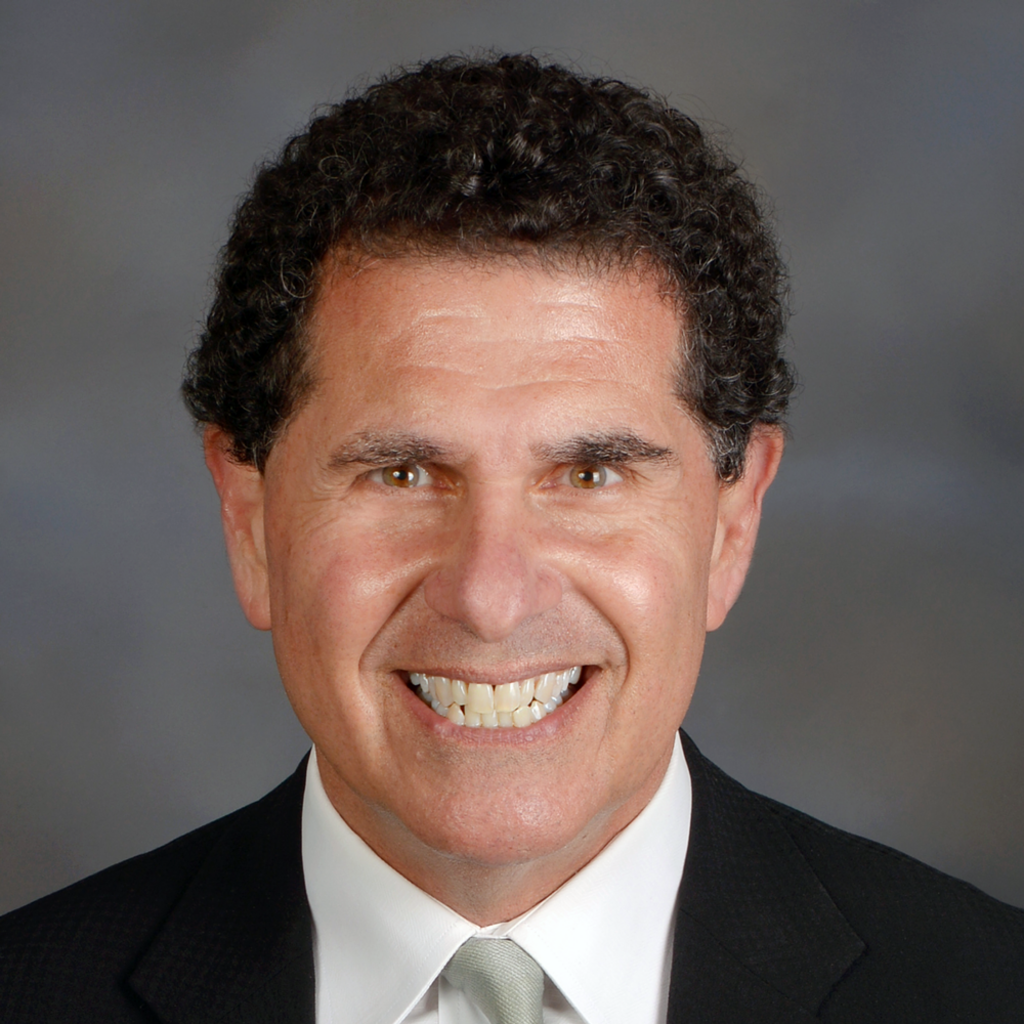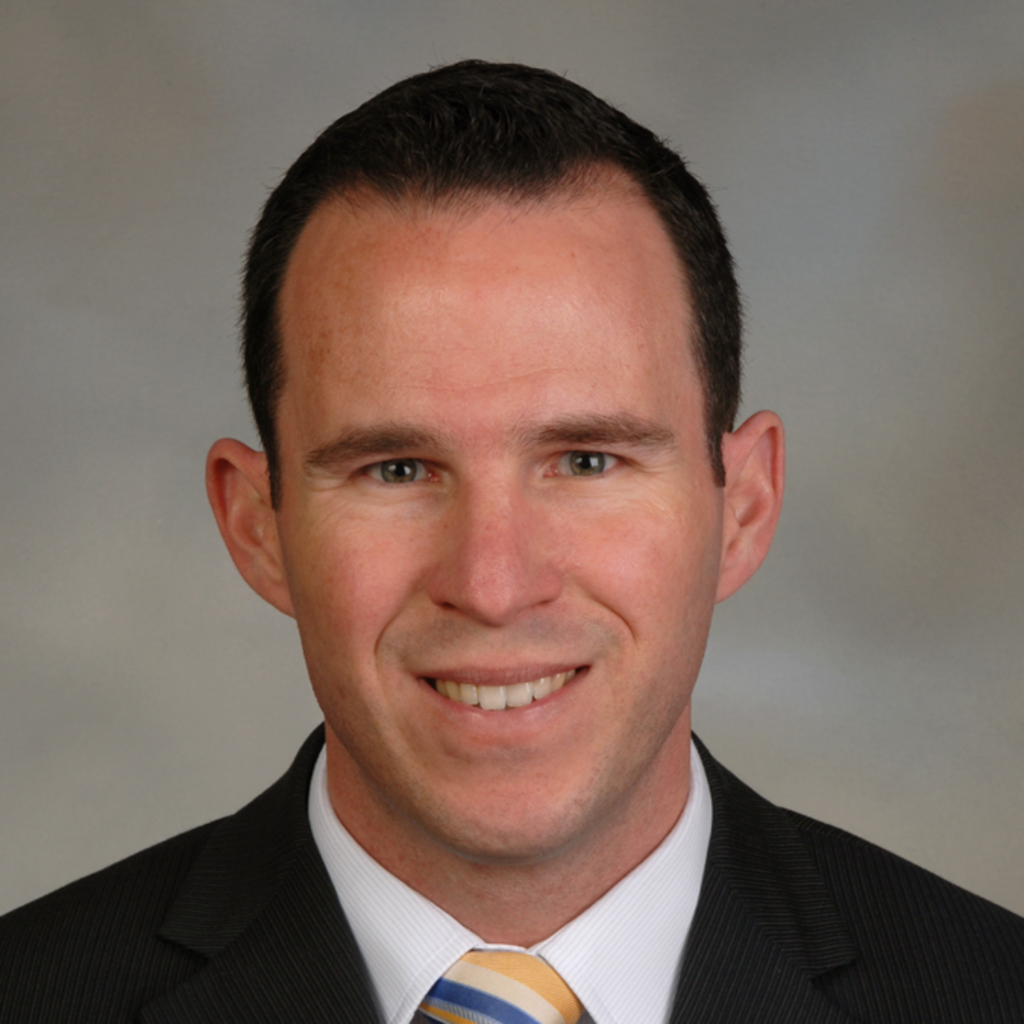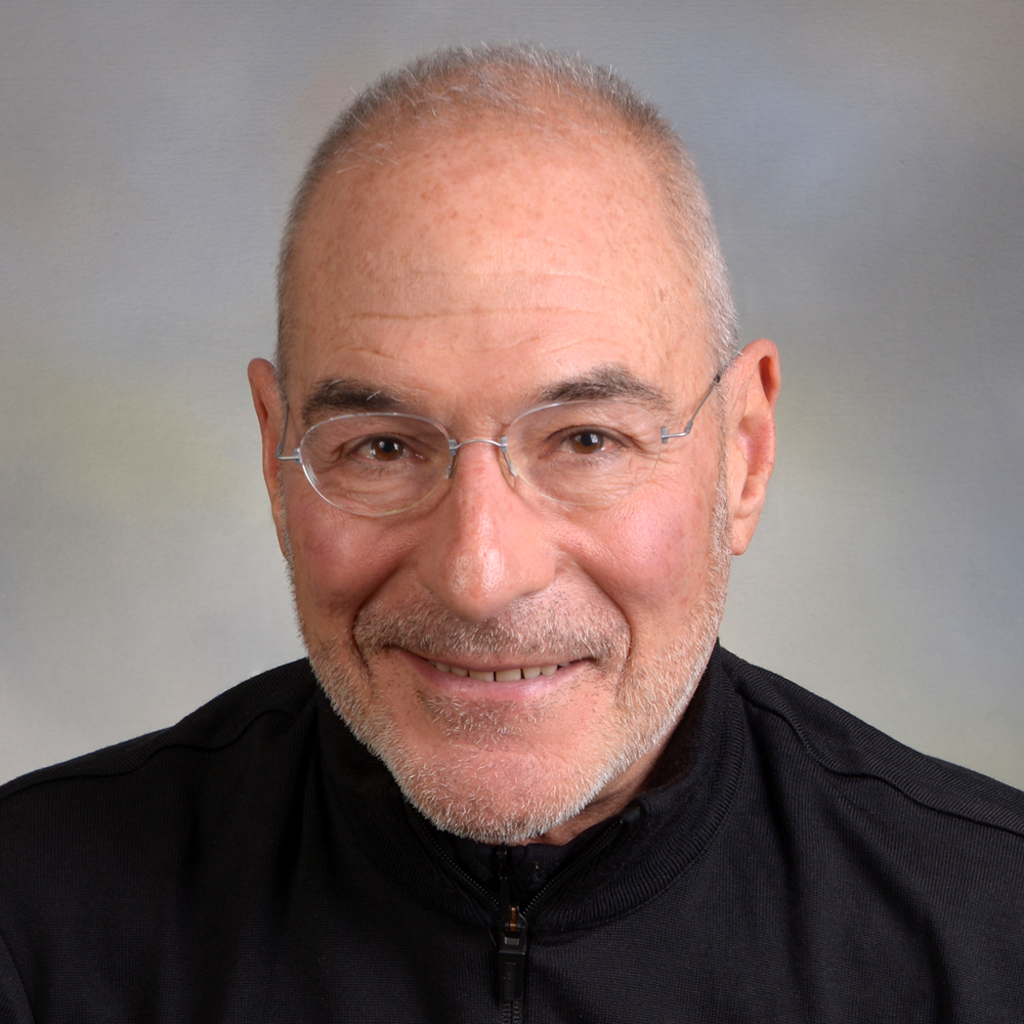Main navigation
Our people are the heart of our program. From the reception desk to the exam room, from laboratory to diagnostic suite, from the auditorium to the library, from administration office to faculty office you will find our people eager to help you become the best ophthalmologist you can be.
At Iowa, you will be exposed to some of the best clinicians, researchers and teachers in our profession. We provide high-powered opportunities for you to learn career-long lessons from these dedicated professionals.
Faculty

Randy Kardon, MD, PhD
Pomerantz Family Chair in Ophthalmology
Director, Iowa City VA Center of Excellence for Prevention and Treatment of Visual Loss
Professor of Ophthalmology and Visual Sciences
Research Interests:
- Relationship of visual dysfunction to pupillomotor responsiveness to light
- Pharmacology of the central and peripheral pupillomotor pathways
- Autonomic disorders of pupillary function
- Risk factors in the pathogenesis of optic nerve diseases
- Multifocal electroretinogram in diagnosing visual loss
- Correlation of structure and function of the visual system
- Studies of the dynamics of the blood flow to the choroid and retina
- Optical imaging of retinal function
Read more about Dr. Kardon
Randy Kardon MD, PhD, is tenured Professor of Ophthalmology, served as Director of the Neuro-ophthalmology Service for over 20 years, and has been faculty at the University of Iowa and Veterans Administration Hospitals for over 30 years. He holds the Pomerantz Family Endowed Chair in Ophthalmology and is Director of the Iowa City Veterans Administration Center for the Prevention and Treatment of Visual Loss, competitively funded by the Rehabilitation, Research and Development Division of the Veterans Administration. Dr. Kardon has published over 20 chapters, co-authored a textbook, and has published over 245 peer-reviewed journal articles. Dr. Kardon has been fortunate to have had continuous Federal grant funding for 30 years and is presently the Principal Investigator and Co-investigator on 4 major grants externally funded by the Veterans Administration, NIH, and the Department of Defense. Dr. Kardon currently teaches and mentors undergraduate students, medical students, residents and fellows and has received a University of Iowa Collegiate Teaching Award for his teachings and commitment to education, and is the current Neuro-Ophthalmology Fellowship Director. His main areas of current research interest include use of facial features to diagnose and monitor eye and neurological disorders, pupil physiology and its clinical application, diagnosis and treatment of light sensitivity and traumatic brain injury, and therapeutic interventions for preserving vision in blinding eye diseases. Dr. Kardon currently investigates structure-function relationships in the visual system using optical coherence tomography (OCT), ocular blood flow using laser speckle flowgraphy, image analysis, and MRI. Dr. Kardon is actively involved in the development of telemedicine tools for objectively evaluating the status of the visual and neurological systems for testing in remote locations and home testing.

Adriana Rodriguez-Barrath, MD
Assistant Professor of Neurology & Ophthalmology and Visual Sciences
Associate Residency Program Director of Neurology
Research Interests:
- Migraine and headache disorders
- Photophobia in migraine and non-migraine conditions
- Idiopathic Intracranial Hypertension and pulsatile synchronous tinnitus
Read more about Dr. Rodriguez-Barrath
Dr. Rodriguez Leon completed her medical school at the Universidad Central de Venezuela, in Caracas, Venezuela in 2012, and then completed a rural internship as an emergency and general physician. After moving to the United States in 2014, she did a research fellowship focused in neuropathic eye pain, at Bascom Palmer Eye Institute, at the University of Miami. She then moved to Iowa in 2017, where she completed a four-year residency in Neurology and subsequently a 2-year Neuro-Ophthalmology fellowship at The University of Iowa, which was completed in 2023. Her areas of expertise include treating diseases related to the optic nerve, optic pathways, high order visual function, ocular motility and a number of inflammatory and neurodegenerative diseases with ocular manifestations. She also has interest and expertise in diagnosing and treating headache disorders and facial pain.
Her primary research interests are focused on the study of photophobia in different headache and facial pain disorders, and on idiopathic intracranial hypertension, particularly on pulsatile tinnitus and venous flow, and how to develop objective clinical values to monitor disease progression and treatment response. Dr. Rodriguez Leon is a Board Certified Neurologist by the American Board of Psychiatry and Neurology (ABPN), member of the American Academy of Neurology (AAN), American Headache Society (AHS) and the North American Neuro-Ophthalmology Society (NANOS). She also has had collaborations with the Center for the Prevention and Restoration of Visual Loss (CPTVL) at the Iowa City VA Medical Center since 2022.

Edward F. Linton, MD
Assistant Professor of Ophthalmology and Visual Sciences
Research Interests:
- Smartphone perimetry without eye tracking
- Limitations of using inexpensive available hardware to perform perimetry
- Strategies to circumvent these limitations
- Development of size-modulation perimetry strategy
- Validation of an inexpensive open source VR perimetry platform
- Laser Speckle Flowgraphy in Carotid Cavernous Fistula
- Non-invasive diagnosis
- Correlation of velocity waveform in the eye to pressure waveform in the superior ophthalmic vein
- Identification of biomarkers that predict vision loss
Read more about Dr. Linton
Dr. Linton completed his undergraduate and medical school at the University of Pennsylvania in Philadelphia. He then did his residency training in Ophthalmology at Vanderbilt in Nashville TN. He came to Iowa city in 2021 for a clinical neuro-ophthalmology fellowship, and then completed an additional year of research fellowship. His primary research interests are in structural and functional assessment of the visual system including new approaches to perimetry to improve reliability and access, integration of different imaging modalities including blood flow and OCT imaging, and deep learning approaches to image analysis.

Leigh Rettenmaier, MD
Clinical Assistant Professor of Ophthalmology and Visual Sciences
Research Interests:
- Clinical neuro-ophthalmology
- Eye-movement disorders
- Cerebellar ataxia and movement disorders
Read more about Dr. Rettenmaier
Coming soon...

Matthew Thurtell, MBBS, MSc, FRACP
The Captain Jim and Donnita Gross Fund Professor
Director, Neuro-Ophthalmology Service
Associate Professor of Ophthalmology and Visual Sciences
Associate Professor of Neurology
Research Interests:
- Eye-movement disorders and their treatment
- Eye movement kinematics
- Clinical neuro-ophthalmology
- Clinical neuro-otology
Read more about Dr. Thurtell
Service Director, Dr. Matthew Thurtell, MBBS, MSc, joined our Department in December 2010, as Assistant Professor with a joint appointment in Ophthalmology, Neurology, and the Department of Veterans Affairs Medical Center. Dr. Thurtell trained in Neurology in Sydney, Australia under the mentorship of Dr. G. Michael Halmagyi, one of the most well-known experts in ocular motility and the vestibular system. Following his residency, Dr. Thurtell completed a two-year fellowship in Neuro-ophthalmology with Drs. John Leigh and Robert Tomsak at Case Western Reserve in Cleveland, Ohio. During his clinical fellowship in Cleveland, Dr. Thurtell continued to develop his expertise in eye movement and in the visual afferent system, with special interest in the pathophysiology and treatment of raised intracranial pressure as it pertains to the visual system. Dr. Thurtell then completed a third year of Neuro-ophthalmology fellowship at Emory University in Atlanta, Georgia under the direction and mentorship of Drs. Nancy Newman, Valerie Biousse, and Beau Bruce. Dr. Thurtell adds important expertise to our Iowa Neuro-ophthalmology Service in central and peripheral aspects of ocular motility physiology and pathology. He also continues his interest and expertise in the afferent visual system, including idiopathic intracranial hypertension.

Michael Wall, MD
Director, Iowa Visual Field Reading Center
Professor of Neurology
Professor of Ophthalmology and Visual Sciences
Research Interests:
- Idiopathic Intracranial Hypertension: Etiology and Treatment
- Mechanisms of perimetric variability
- Use of large sized perimetric stimuli
- New perimetric techniques
- Sensory visual system information processing with emphasis on the application of visual physiology and neural networks to development of new clinical visual tests.
Read more about Dr. Wall
Michael Wall, M.D. is a neurologist who trained as a neuro-ophthalmologist in Boston. Dr. Wall has been part of the Neuro-ophthalmology faculty at Iowa since 1991. Before that, he had been a neuro-ophthalmologist at Tulane University in New Orleans. Dr. Wall holds a secondary appointment in the Department of Neurology. He has a special clinical interest in increased intracranial pressure and its effect on vision. He was the principal investigator of the NIH funded Idiopathic Intracranial Hypertension Treatment Trial. Dr. Wall is also an expert on testing the visual fields and a respected investigator on the subtleties of this important test.